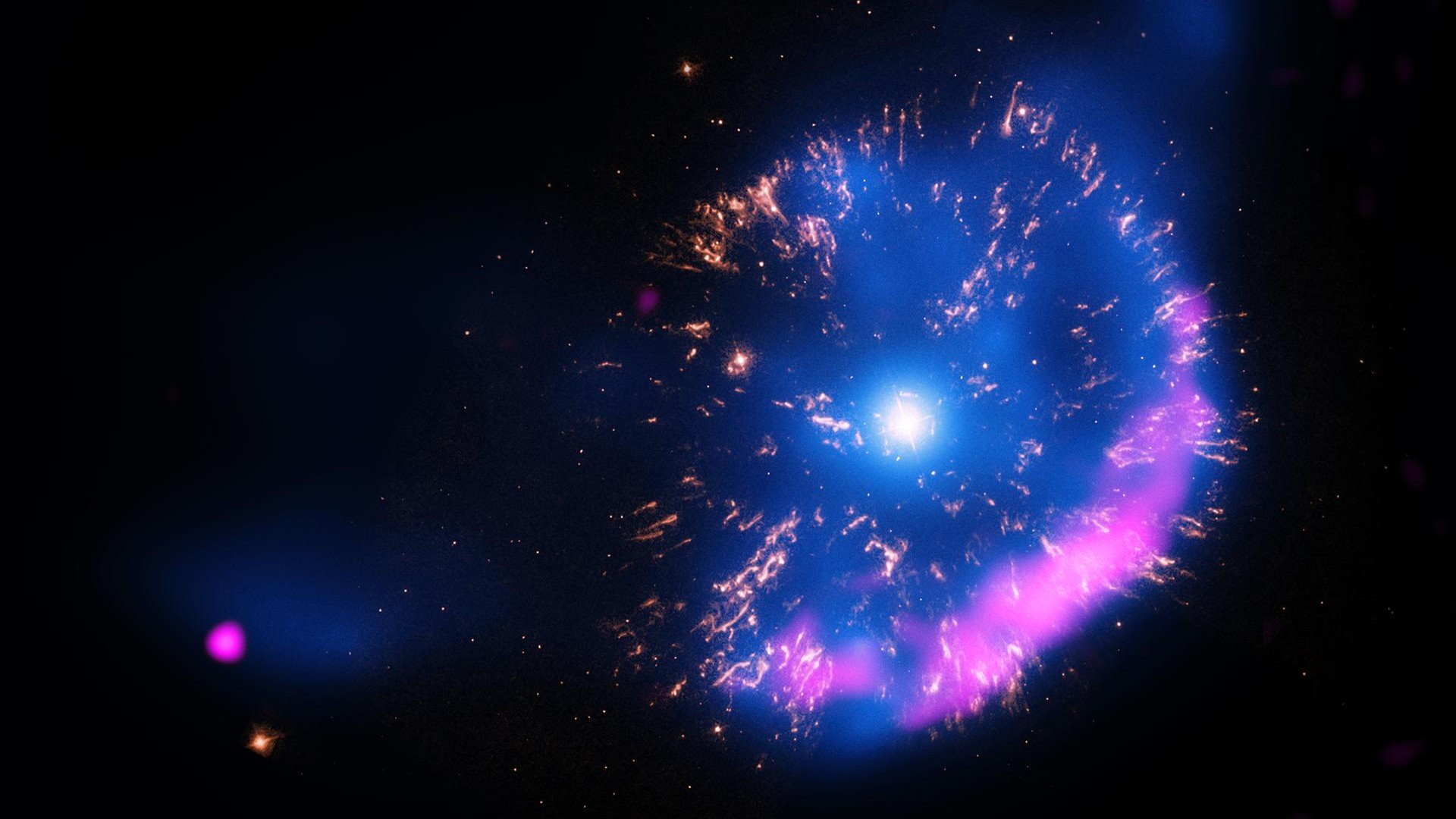Cyclops of the Sea: Pictures of a One-Eyed Shark
Cyclops Shark
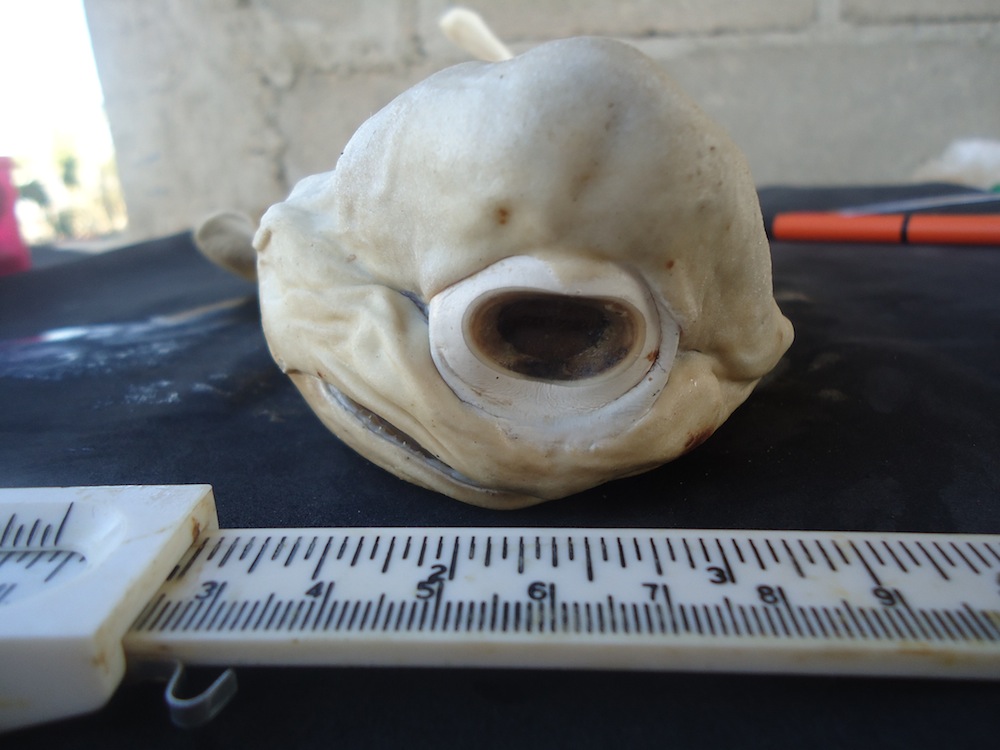
A "Cyclops" shark cut from the belly of a pregnant dusky shark in the Gulf of California. [Read full story]
Cyclops Shark
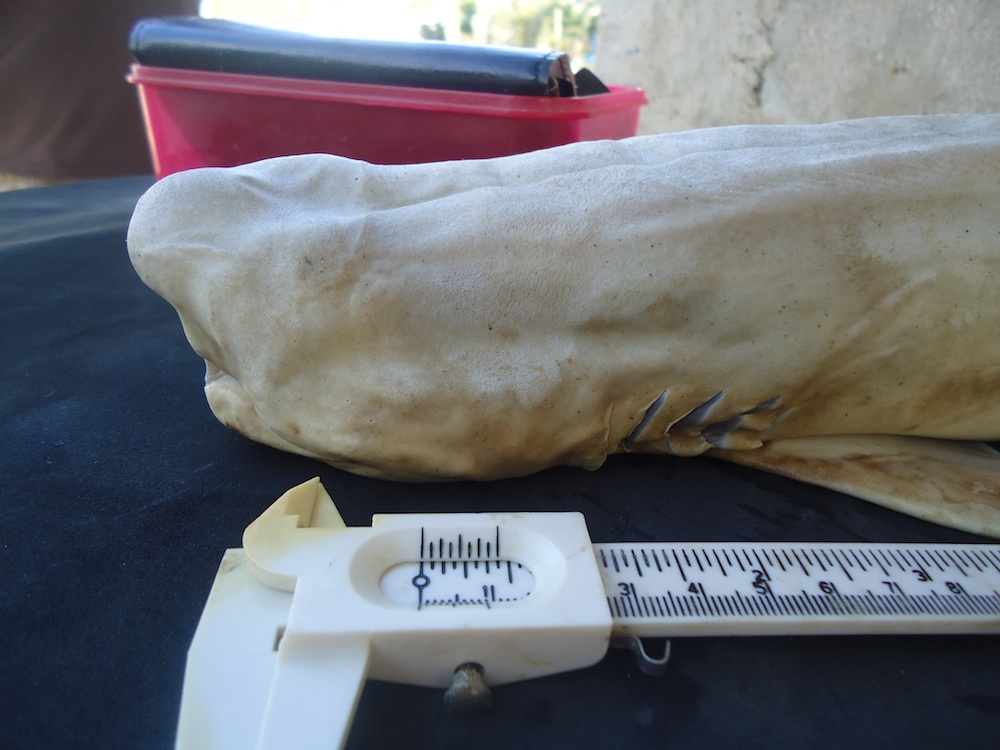
The shark had other deformities beside its single eye, including albino coloring and the absence of nostrils.
Cyclops Shark
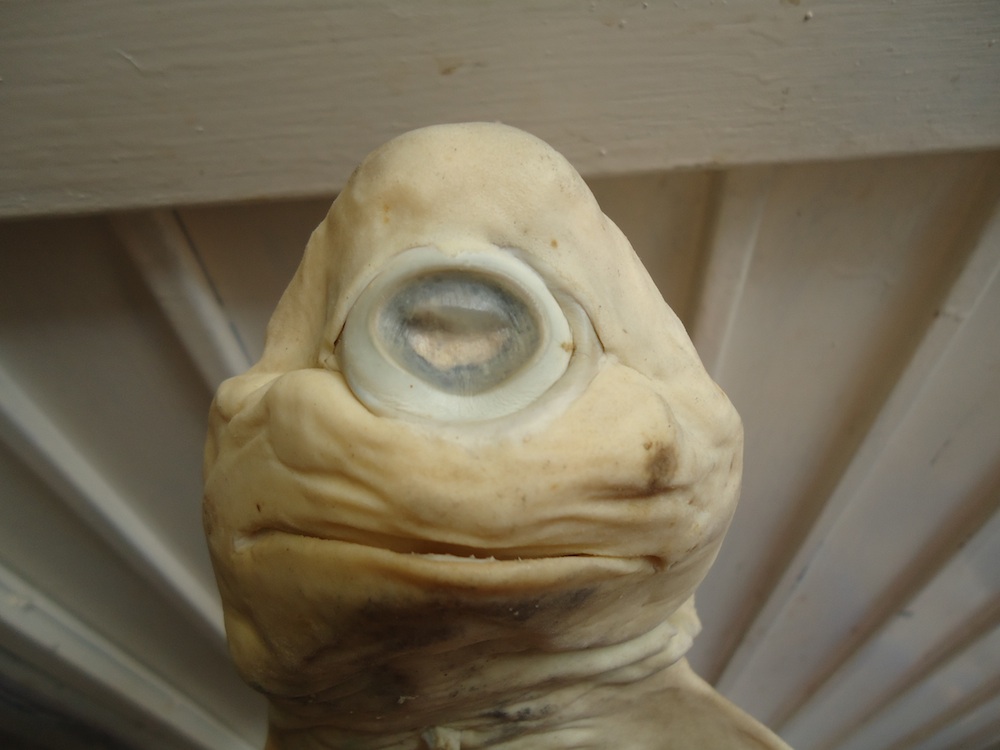
Such embryonic deformities are rare, and the shark likely would not have survived outside the womb.
Cyclops Shark
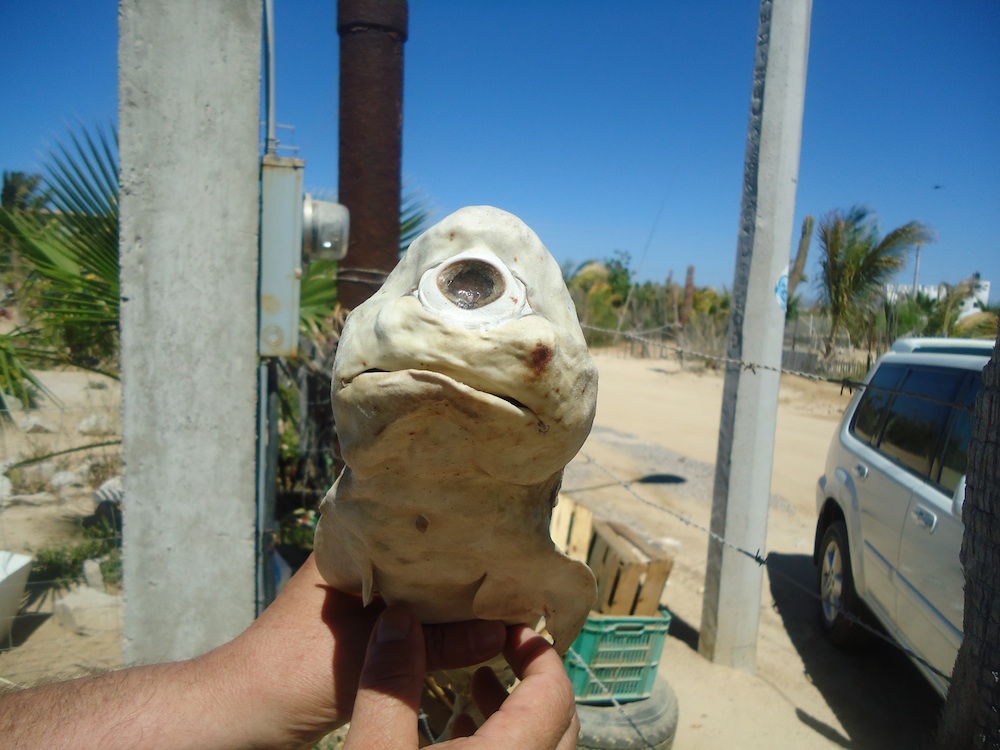
A Mexican fisherman caught the Cyclops shark's mother near Cerralvo Island in the Gulf of California and was surprised to find this strange creature inside, along with several normal embryos.
Cyclops Shark
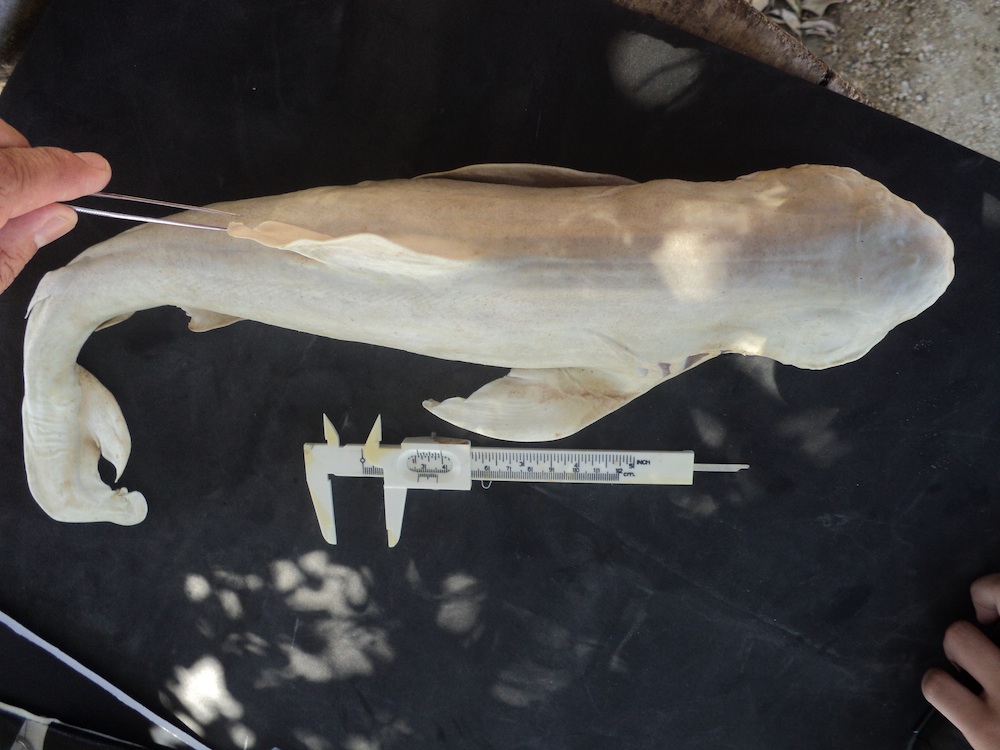
Shark researchers examined and x-rayed the preserved shark to verify that it was no hoax.
Cyclops Shark

A close-up of the shark's single eye, made of functional optical material.
Cyclops Shark
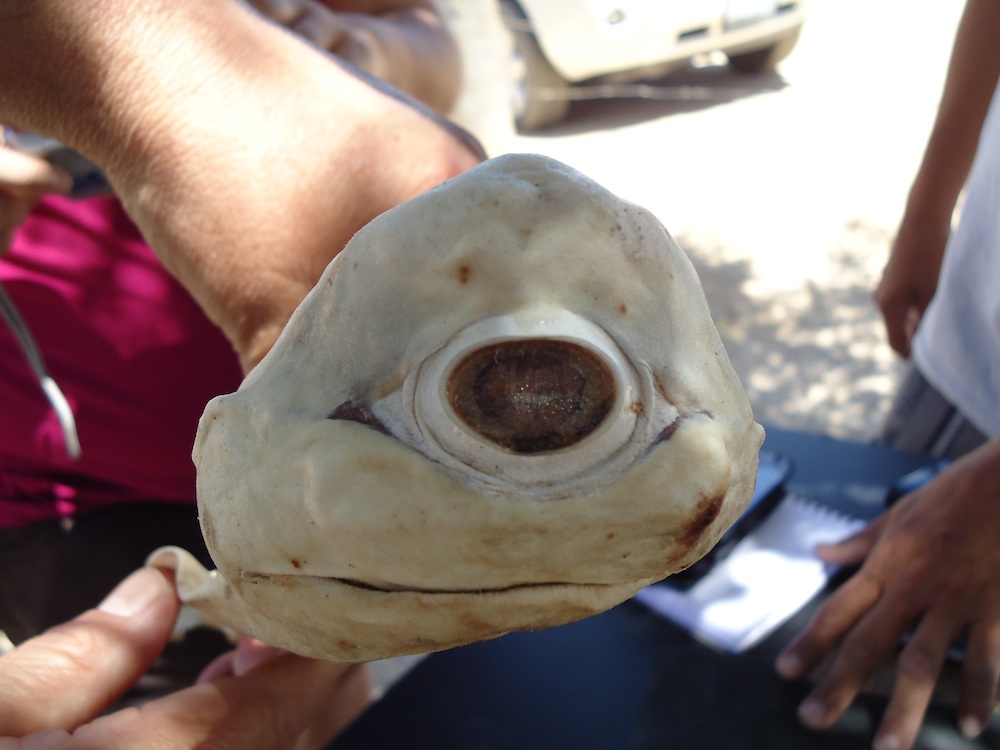
The fisherman who caught the shark is keeping his specimen. [Read full story]
Get the world’s most fascinating discoveries delivered straight to your inbox.
Cyclops Shark
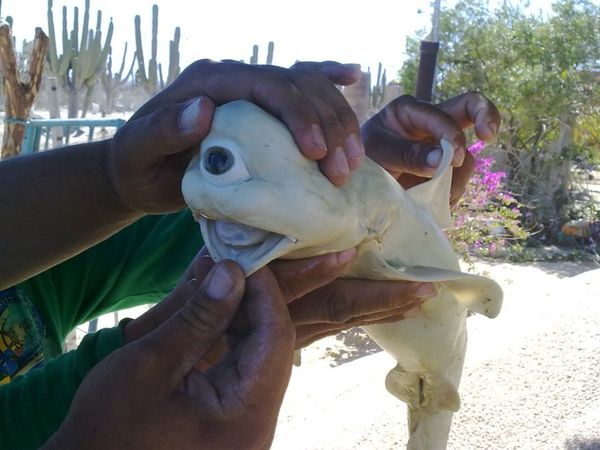
The shark researchers who examined the catch know of no environmental contamination that would have caused the shark's deformities. Most likely, the embryo was an accident of genetics.

Stephanie Pappas is a contributing writer for Live Science, covering topics ranging from geoscience to archaeology to the human brain and behavior. She was previously a senior writer for Live Science but is now a freelancer based in Denver, Colorado, and regularly contributes to Scientific American and The Monitor, the monthly magazine of the American Psychological Association. Stephanie received a bachelor's degree in psychology from the University of South Carolina and a graduate certificate in science communication from the University of California, Santa Cruz.


